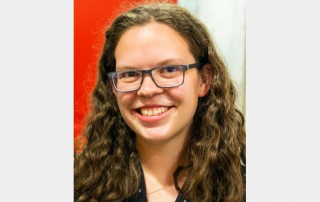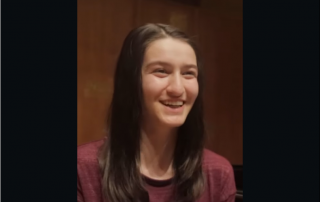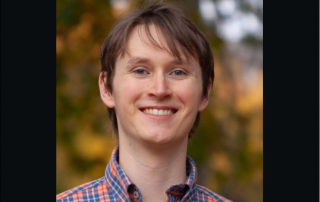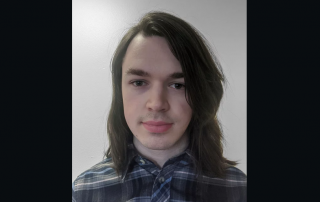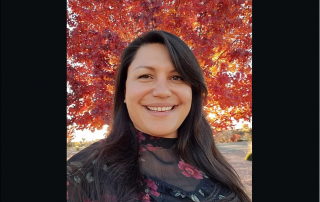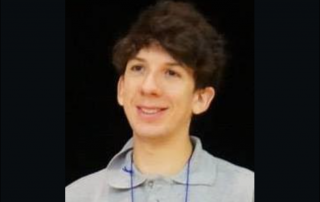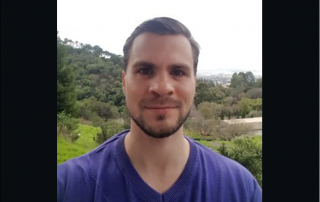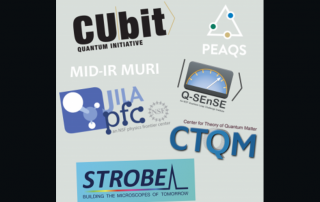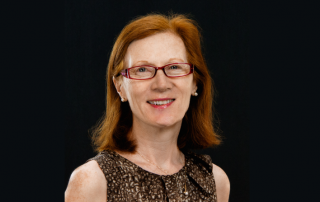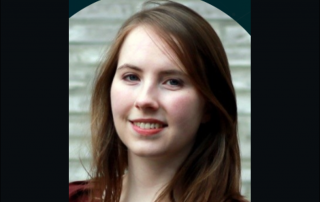Congrats to Megan Finnigan, a STROBE Undergraduate Research Scholar, for Winning a Poster Prize at the 2021 Advanced Light Source User Meeting Student Poster Competition
Congrats to Megan Finnigan, a STROBE Undergraduate Research Scholar, for Winning a Poster Prize at the 2021 Advanced Light Source User Meeting Student Poster Competition! This summer, Megan is working with Drs. David Shapiro, Roger Falcone, and Vanessa Schoeppler at UC Berkeley and Lawrence Berkeley National Laboratory.
